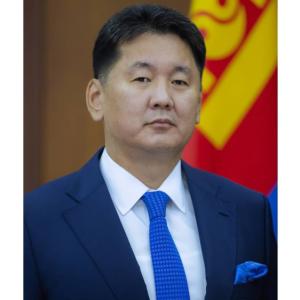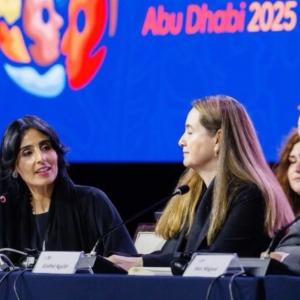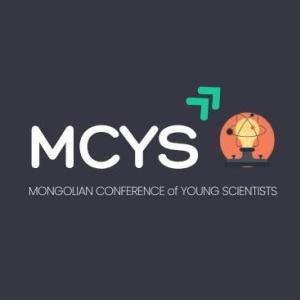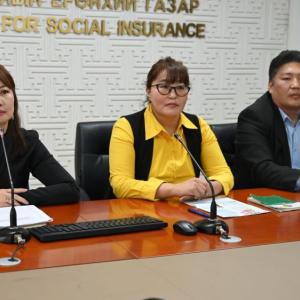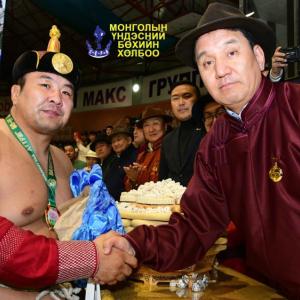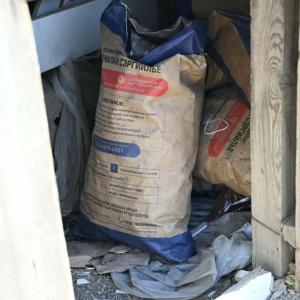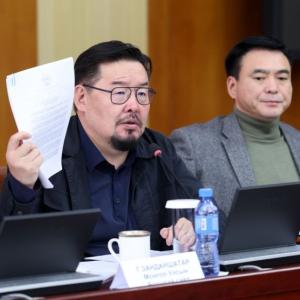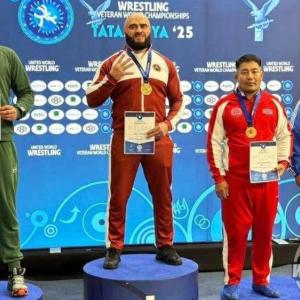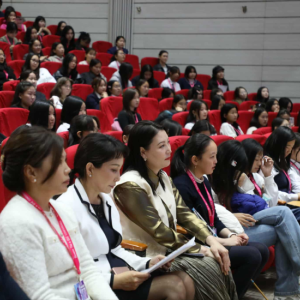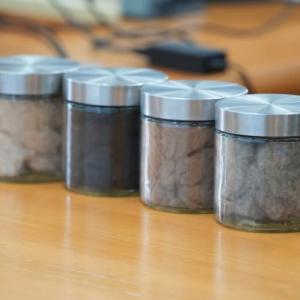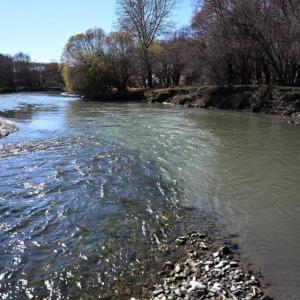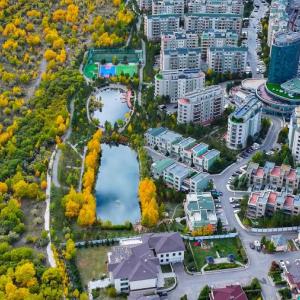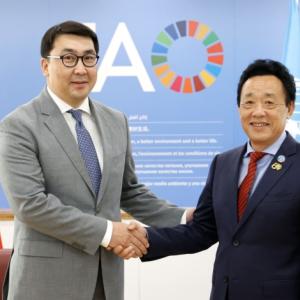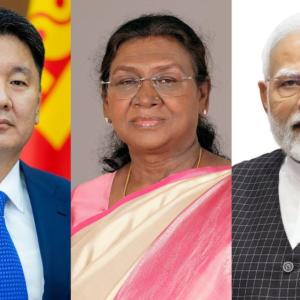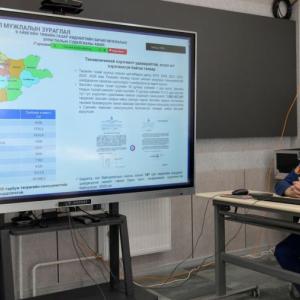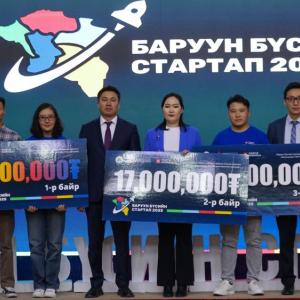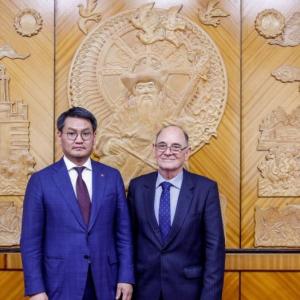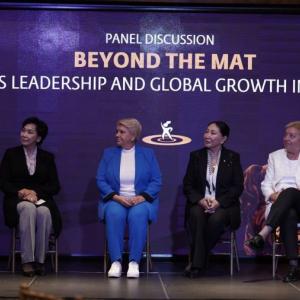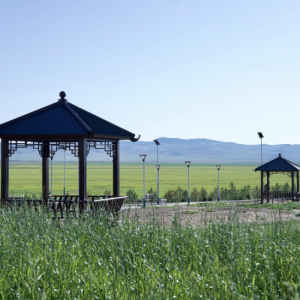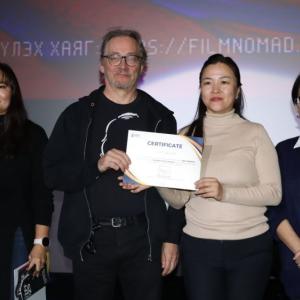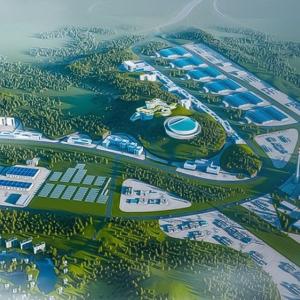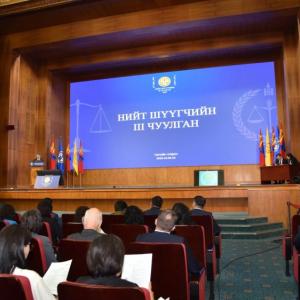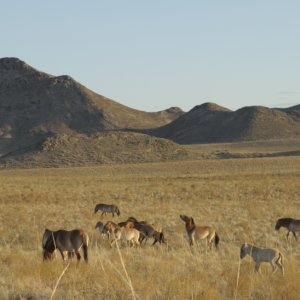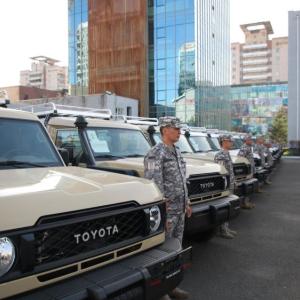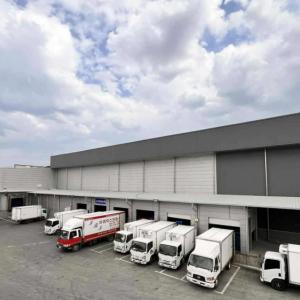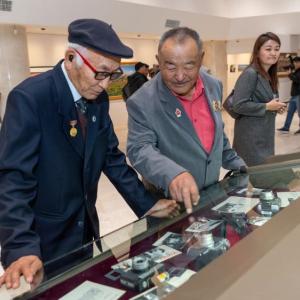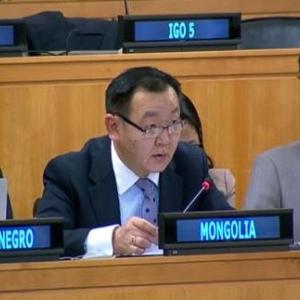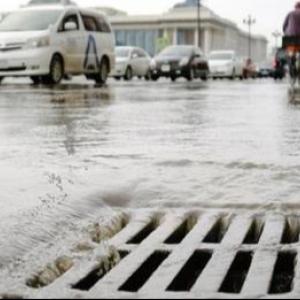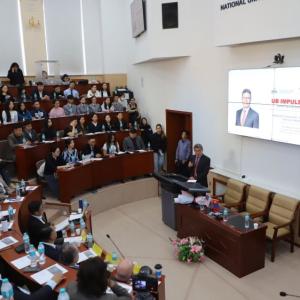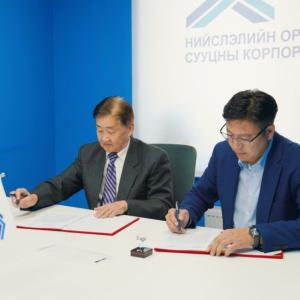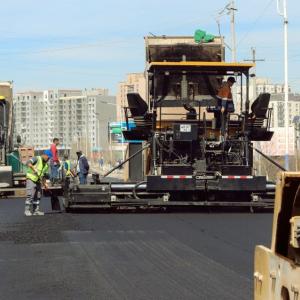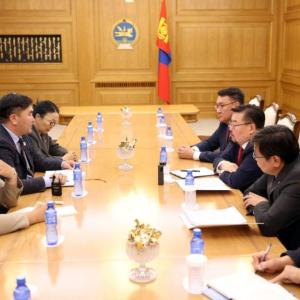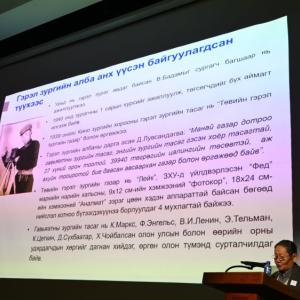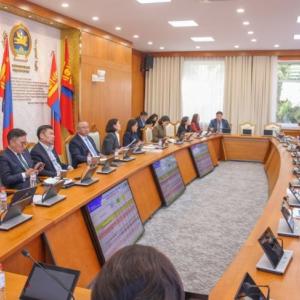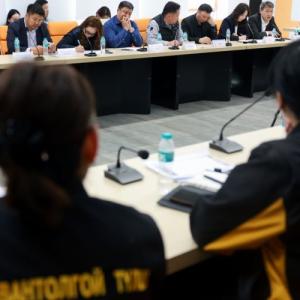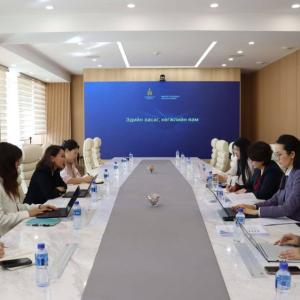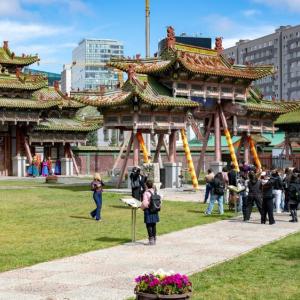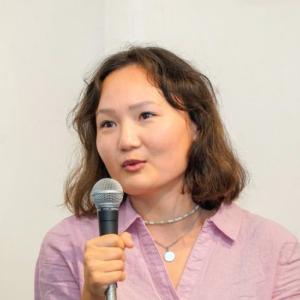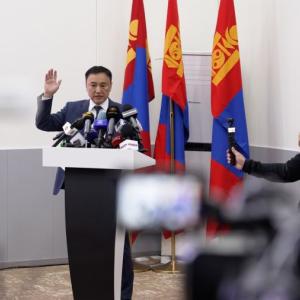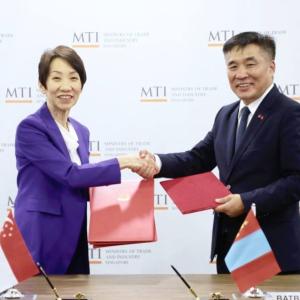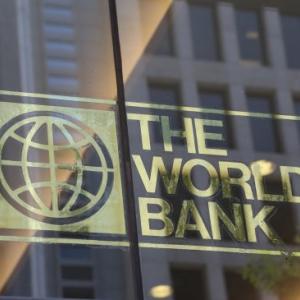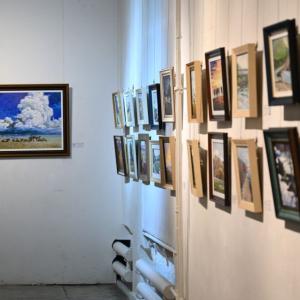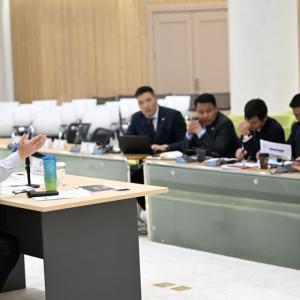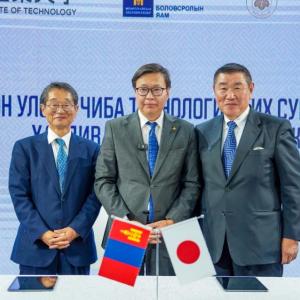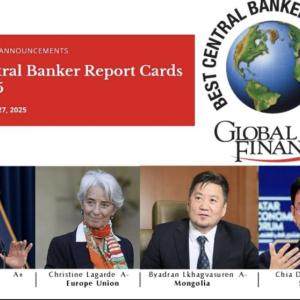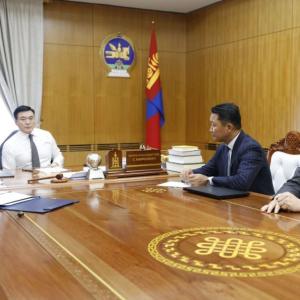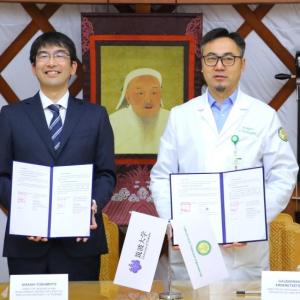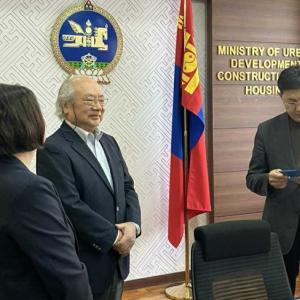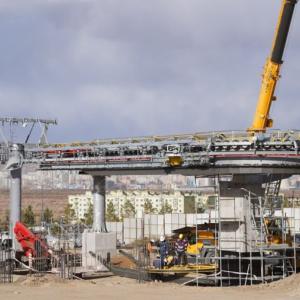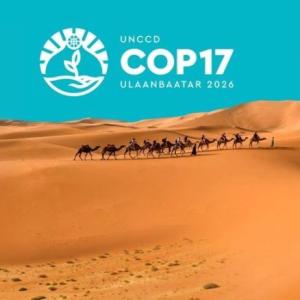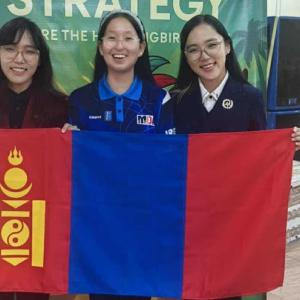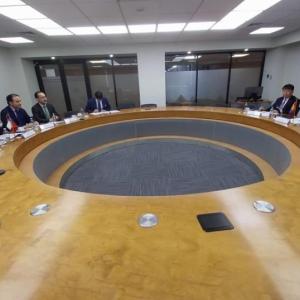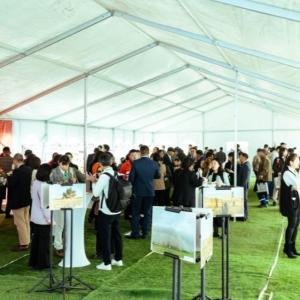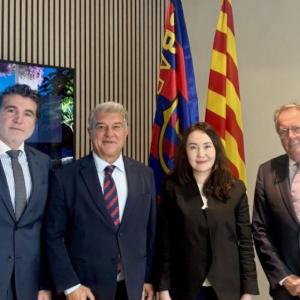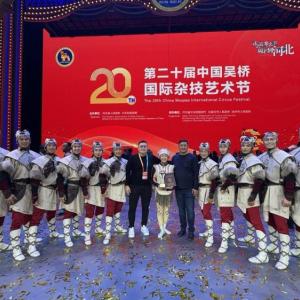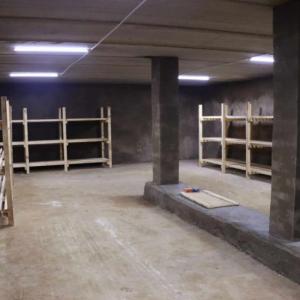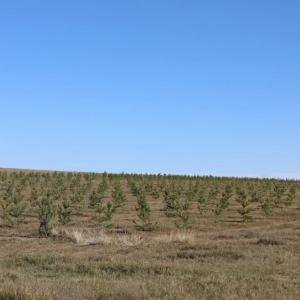EU and UNFAO work in Khuvsgul aimag
Society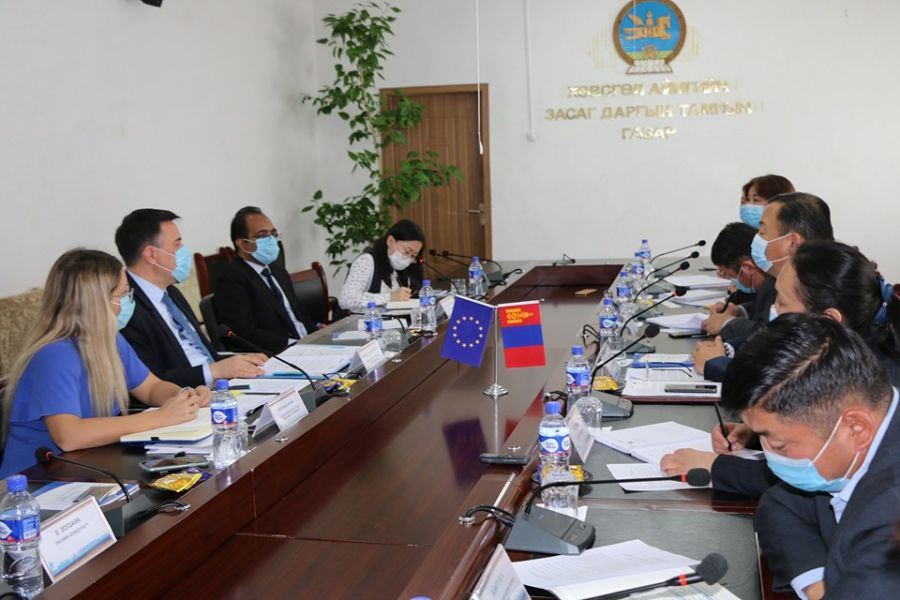
Ulaanbaatar/MONTSAME/. A joint team led by
Traian Hristea, Ambassador of the European Union to Mongolia, and Vinod Ahuja,
Representative of the Food and Agriculture Organization (FAO) of the United
Nations (UNFAO) in Mongolia, worked in Khuvsgul aimag for 3 days to meet local
authorities, partners and beneficiaries to see the implementation of ongoing
projects in the region.
During the meeting with the local
authority, Mr. Ganbold, Governor of Khuvsgul aimag, has recognized the
successful implementation of the ongoing projects funded and implemented by
EU-FAO in the region and highlighted that they have been very much aligned with
the Development Programme of Khuvsgul aimag. The three parties discussed the importance of
creating more employment by supporting green and socially responsible
industries based on local advantages, such as the wood industry and agriculture
sector.
“Quality employment creation through support to sustainable value chains can be the driver to rural development and growth. The European Union, together with FAO, is supporting Khuvsgul province in working towards the promotion of inclusive and community participatory growth" said Trian Hristea, European Union Ambassador to Mongolia.
EU funded – FAO and UNIDO implemented project “Support to Employment creation in Mongolia Component 2: Value Chains” (EUR 4.45 million, MNT 13.5 billion) have been present in Khuvsgul aimag since 2016. The project aims to improve the competitiveness of meat, milk, wool, leather, vegetable value chain and promote appropriate employment through promoting green development, and public and private partnership.
Approximately MNT 331 million assistance has been provided through the project in 2019. To mention one example, the project is transferring Individual Quick Freezing (IQF) technology to local stakeholders. The technology allows to keep the product’s shape, colour, smell and taste, while maintaining nutritional content. This will allow the locals to enjoy fresh vegetable, fruits and berry all year around.
The number of technical training
on dairy, meat and vegetable production and technology as well as Good Agricultural
Practices (GAP) has been organized for the producers and herders throughout the
implementation of the project. Direct and indirect work opportunities were
created in the region as a result of the project. The project is also being
implemented in Darkhan-Uul, Selenge, Khovd, Tuv and Dornod aimags.
"The interventions under the EU
project have emphasized public-private partnerships, technology innovation,
capacity development and risk mitigation for SMEs. These elements are
fundamental to creating decent and stable employment in the long-run. It great to
see the results of project interventions on the ground with the local
government support.” said Vinod Ahuja, the Representative of FAO in Mongolia.
The visiting team had the chance to meet
beneficiaries from the projects. FAO has had a long partnership with the aimag.
Currently, FAO is implementing “Mainstreaming biodiversity conservation, SFM
and carbon sink enhancement into Mongolia`s productive forest landscapes (FSP)”
project since 2014 in line with their priority area of equitable and
sustainable natural resource management. Also, recently, in response to harsh
winter condition, FAO have provided logistic assistance for seven soums in
Khuvsgul aimag through the abovementioned project as well as “Early Action to
protect the key livestock-related assets of vulnerable herder households in
areas at very high dzud risk” project.
EU-funded "Trade-Related Assistance
for Mongolia" (EU TRAM) project is also implemented in Khuvsgul aimag. The
project aims to contribute to economic growth by supporting an increase in
non-mining sector exports.

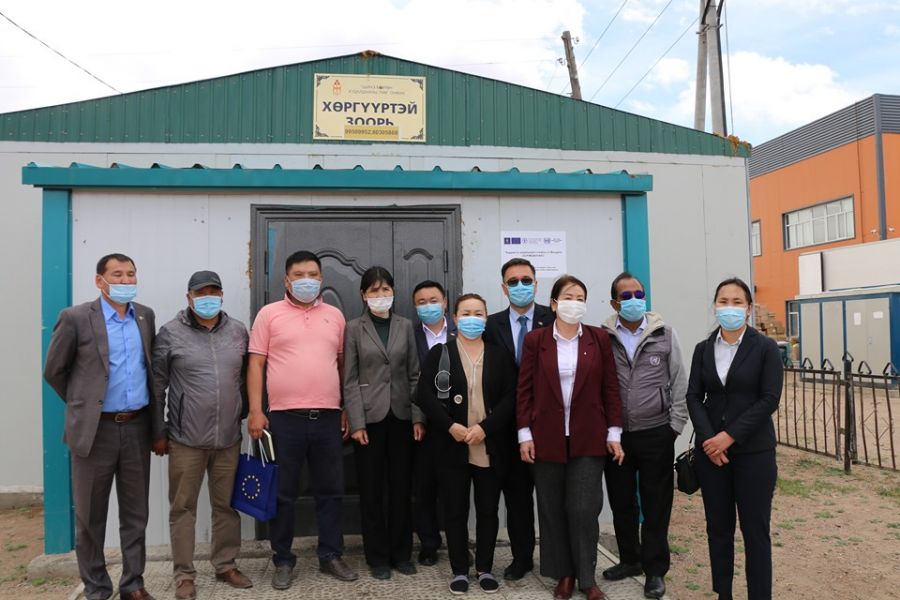
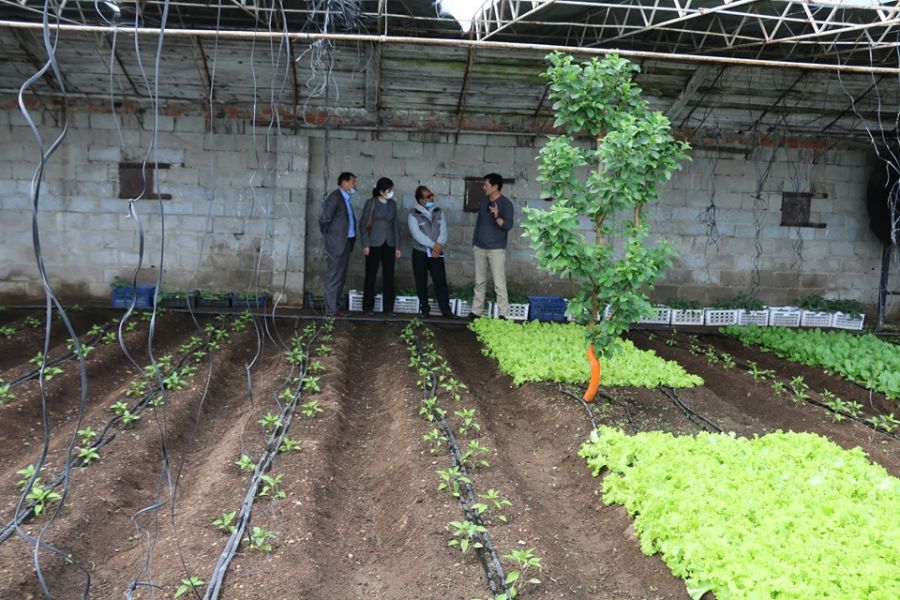
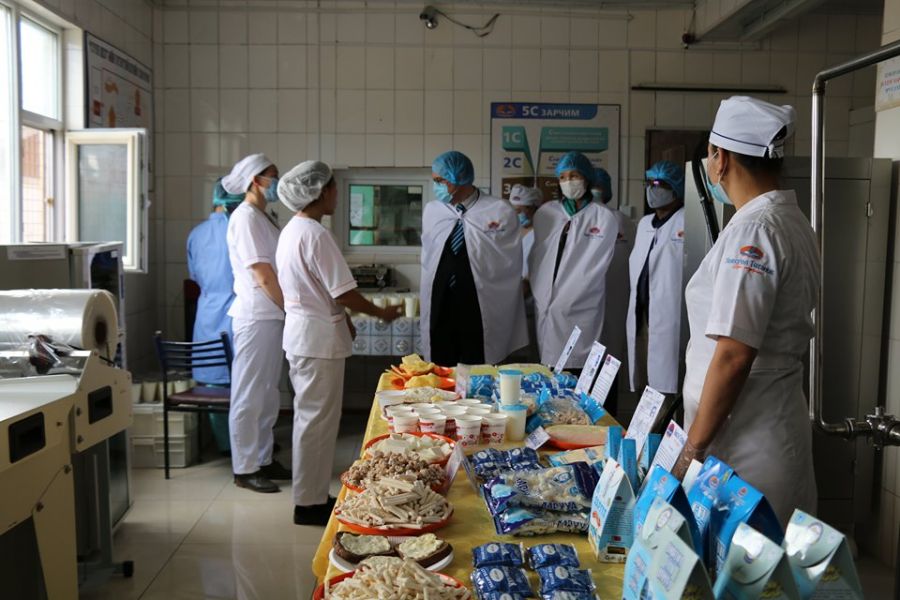
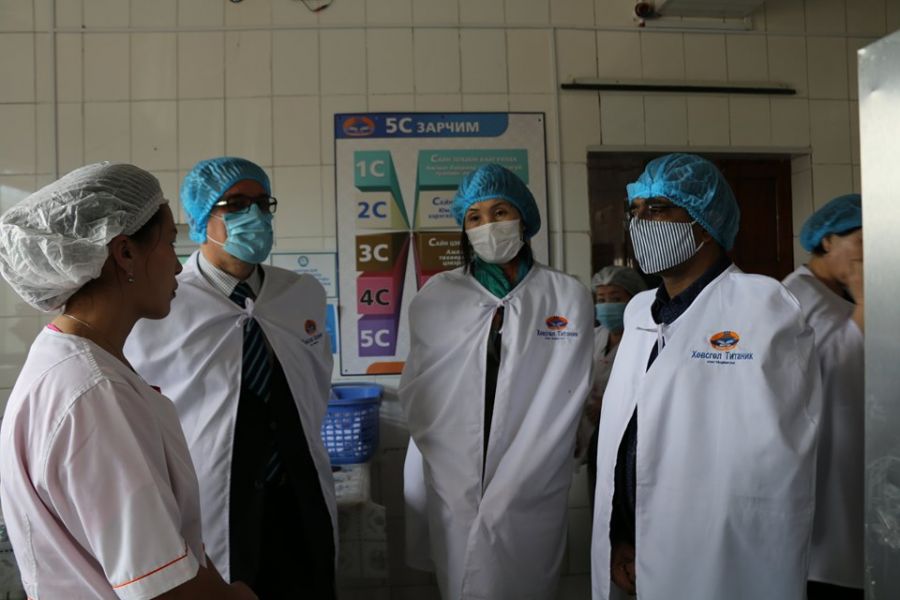
 Ulaanbaatar
Ulaanbaatar













